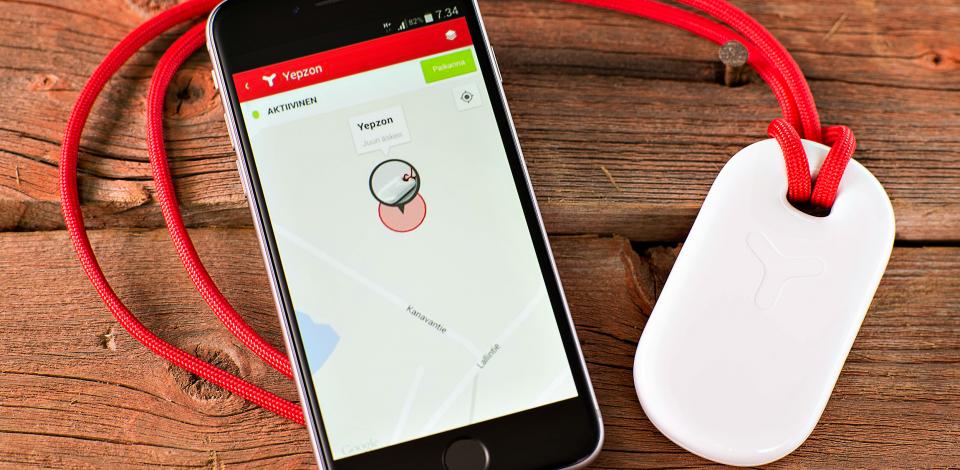Transforming the connected car landscape, LG Innotek has unveiled a new generation V2X (vehicle-to-everything) module measuring just one-third the size of a credit card and boasting a two-way communication range of 1 km. In wearables, Orange Business Services is providing worldwide IoT connectivity and SIM cards to support Yepzon’s small GPS locator devices for people, pets and things. An important development in hearing solutions from Columbia Engineering researchers is a new ‘cognitive hearing aid’ using brain waves and ‘Artificial intelligence’ to support wearers in noisy environments.
Innovative V2X Module Changing the Connected Car Landscape
 LG Innotek supports the vision of connected and self driving cars with an innovative, fully-integrated V2X (Vehicle to Everything) full module which relieves automakers and vehicle part makers from separately installing and testing different parts – leading to improved communication performance, safety and quality reliability of a connected car. Since the module is just one-third the size of a credit card, it can be installed just about anywhere inside a car. In addition, the company has maximized the two-way communication range of the module to 1 km, allowing it to send and receive signals even if a vehicle runs fast at 120km/h. The product is equipped with three types of V2X core components – host controller interface (HCI) module to control communication protocol, hardware security module (HSM) to block hacking, and the application processor (AP) – in one product. Read more.
LG Innotek supports the vision of connected and self driving cars with an innovative, fully-integrated V2X (Vehicle to Everything) full module which relieves automakers and vehicle part makers from separately installing and testing different parts – leading to improved communication performance, safety and quality reliability of a connected car. Since the module is just one-third the size of a credit card, it can be installed just about anywhere inside a car. In addition, the company has maximized the two-way communication range of the module to 1 km, allowing it to send and receive signals even if a vehicle runs fast at 120km/h. The product is equipped with three types of V2X core components – host controller interface (HCI) module to control communication protocol, hardware security module (HSM) to block hacking, and the application processor (AP) – in one product. Read more.
GPS locator That Finds Everything You Care About

Wearable tracker startup Yepzon has signed an agreement with Orange Business Services to get worldwide IoT connectivity and SIM cards to support its wearable locator devices. The ‘Yepzon’ is a small device designed to locate people, pets and things using a mobile app. Apart from being reliable and smart, the device offers unbeatable battery life and foolproof data security. According to the announcement, Orange will provide Yepzon with IoT connectivity to 220 countries and territories worldwide and SIM cards for 100 000 locator devices. Read more.
Brain-controlled Hearing Device Helps Wearers In Partying
 An important development in hearing solutions from Columbia Engineering researchers alows wearers to enjoy in noisy environments. The new ‘cognitive hearing aid’ monitors the brain activity of the wearer to know who a person is listening to and amplifies that voice to assist the listener in noisy environments such as a party or shopping center. The researchers said that such a hearing device automatically amplifies one speaker among many using a deep neural network (DNN) which automatically separates each of the speakers from the mixture, and compares each speaker with the neural data from the user’s brain. The speaker that best matches the neural data is then amplified to assist the user. Read more.
An important development in hearing solutions from Columbia Engineering researchers alows wearers to enjoy in noisy environments. The new ‘cognitive hearing aid’ monitors the brain activity of the wearer to know who a person is listening to and amplifies that voice to assist the listener in noisy environments such as a party or shopping center. The researchers said that such a hearing device automatically amplifies one speaker among many using a deep neural network (DNN) which automatically separates each of the speakers from the mixture, and compares each speaker with the neural data from the user’s brain. The speaker that best matches the neural data is then amplified to assist the user. Read more.












